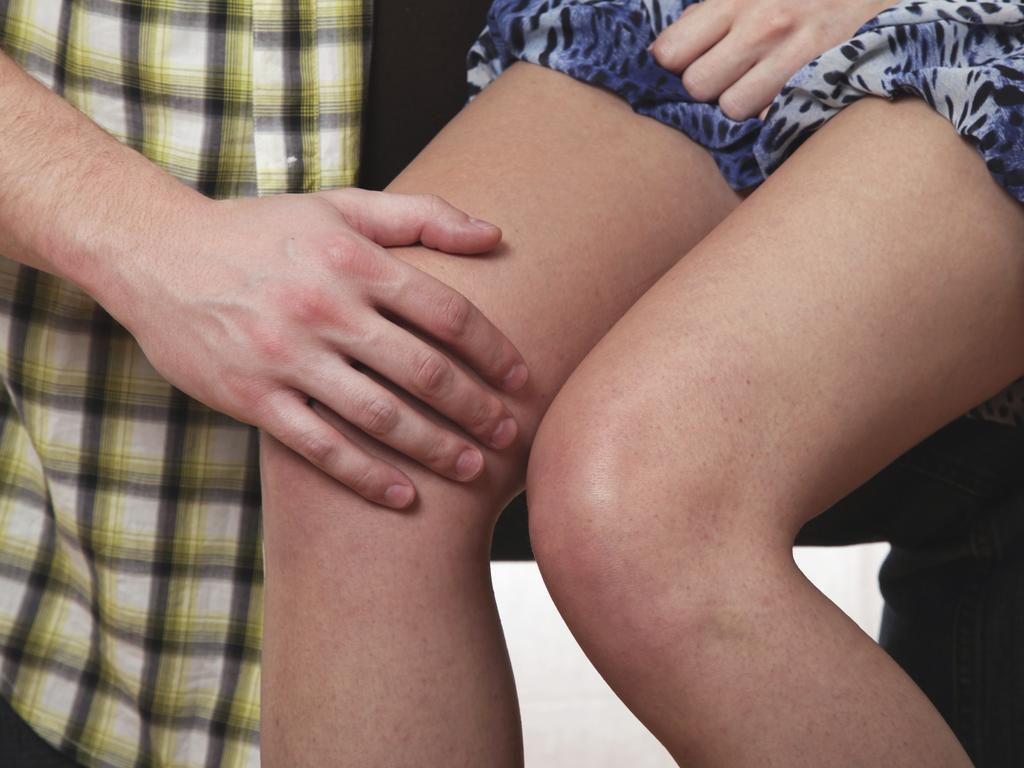Sexual harassment explodes among young LGBTQ people at work
Nearly 80 per cent of gay and transgender young people have been sexually harassed at work, according to a landmark national study that has revealed 30 per cent of those who faced harassment were told a sexual assault could ‘fix’ them.

Nearly 80 per cent of gay and transgender young people have been sexually harassed at work, according to a landmark national study that has revealed 30 per cent of those who faced harassment were told a sexual assault could “fix” them.
Data from the Australia’s National Research Organisation for Women’s Safety showed nearly a third of the 1,000 respondents had experienced workplace sexual harassment more than ten times, with most of the harassment occurring in the accommodation and food services sector, followed by retail and administration services.
The study’s lead researcher Kerry Robinson said the figures of harassment were even higher than what was suggested by the data, with many people cautious to report their experiences.
“The report shows 75 per cent of young people don’t report this behaviour and that’s really problematic,” she said.
“They don’t do that for a whole range of reasons, including workplace culture. Sometimes they’re actually reporting to people who are the harassers, (there’s an) inappropriateness of reporting pathways in employment, quite often they aren’t confidential.”
Nearly 80 per cent of respondents to the survey said the reason they felt they were targeted was due to their gender, while 60 per cent said it was because of their age and just over 50 per cent said it was due to their sexual orientation.
ANROWS chief executive Tessa Boyd-Caine said the report unveiled “shocking attitudes” towards LGBTQ people, whose identities were viewed as “a problem”.
“We know LGBTQ people overrepresented in these figures, but 77 per cent having experienced workplace sexual harassment is high,” she said.

“It’s a real warning to us that we are not doing enough to keep them safe at work.
“It makes me think of those post war years people weren’t able to be married and stay in workforce, which we see as so dated. But this is essentially a modern and very serious example of people needing to hide identifies to stay safe at work.”
The report comes after Labor last week passed legislation to improve the experience of victims and survivors of sexual violence in the justice system, making changes including that victims can be identified by the media or by others should they wish to be and that vulnerable people appearing as complainants or witnesses be given more protections.
Laws mandating that employers proactively create a safe workplace - known as a “positive duty” - were also put in place last year.
However, concerns remain around harassment and discrimination of LGBTQ in particular thanks to what was seen as a “broken promise” by Anthony Albanese in ditching his rejigged religious discrimination laws earlier this year.
The Prime Minister came under heavy fire from LGBTQ advocates for abandoning the commitment to protect LGBTQ students and teachers in the new laws that would have also seen the Sex Discrimination Act amended.







